If you have a passion for flying; if you want to assist in saving lives, help combat crime and fight fire, you may consider taking up a career with the Government Flying Service (GFS) as a pilot. As a GFS pilot, you will begin your career as a Cadet Pilot. You will then undergo several years of intensive training, and you will consolidate your experience before becoming a professional aviator capable of performing a wide spectrum of GFS operations. These tasks will range from simple passenger flights to very demanding night search and rescue missions using specialized equipment.
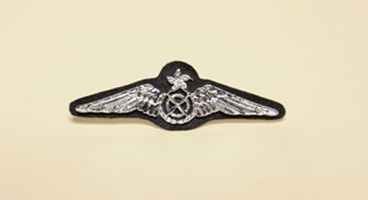
Pilot Wings Badge will be awarded to a Pilot who is qualified for carrying out Search and Rescue Mission. The propeller between the wings represents the determination and drive of a Pilot to fly in any adverse environment and accomplish the mission.
.jpg)
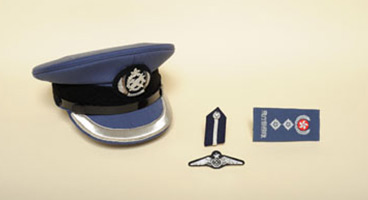
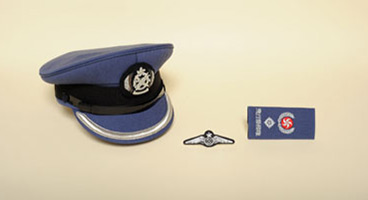
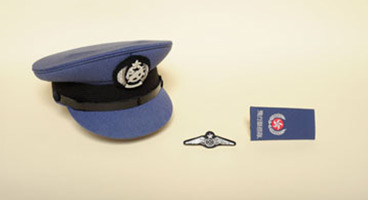
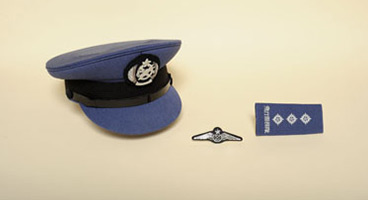
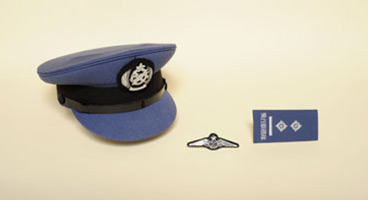
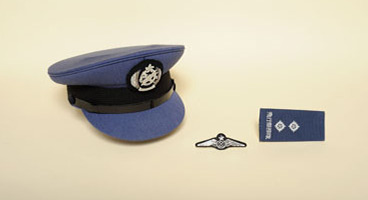
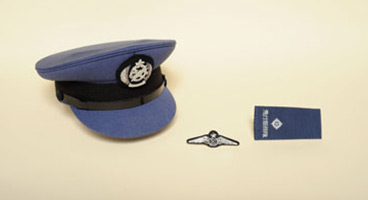
| Note 1: | For civil service appointment purpose, "Attained with Distinction" in Applied Learning subjects (subject to a maximum of two Applied Learning subjects), and Grade C in Other Language subjects in the HKDSEE are accepted as equivalent to Level 3 in the New Senior Secondary subjects in the HKDSEE. |
|---|---|
| Note 2: | For civil service appointment purpose, "Grade C" in English Language (Syllabus B) in the HKCEE before 2007 is accepted administratively as comparable to "Level 3" in English Language in the 2007 HKCEE and henceforth. |
| Note 3: | Applicants must meet the requirements for the granting of HKCAD Class One Medical Certificate. In general, applicants who need to wear corrective lenses and/or have undergone eye refractive surgeries may be considered provided that they could meet the requirements for the granting of HKCAD Class One Medical Certificate. |
| Note 4: | All applicants for civil service jobs will be assessed on their Basic Law (BL) knowledge. A pass result in the BL Test is an entry requirement for civil service jobs requiring non-degree / non-professional qualifications at or above completion of secondary education level. Only those candidates who have passed the BL Test will be considered for appointment. Attaining a score at or above 53 out of the full mark of 100 (i.e. getting at least 8 out of 15 questions correct) will be deemed to have a pass result in the BL Test. The BL Test result will also constitute an appropriate weighting in a candidate"s overall assessment. For candidates who have not taken the BL Test or have not attained a pass result in the BL Test at the time of application, they may still apply for the job and arrangements will be made for them to take the BL Test during the recruitment process. |
Upon joining the GFS, Cadet Pilots will be assigned to either the fixed-wing or the helicopter stream. They will be sent to an overseas flight training institute for a 14-month course of professional pilot basic training, which includes aeronautical ground school and flight training. Having successfully completed the course and passed the examinations, Cadet Pilots will return to Hong Kong with a Commercial Pilot"s Licence. They will then go through a process of conversion training within the GFS to become co-pilots and eventually aircraft commanders. It takes about ten years of training and operational experience to become a fully-fledged commander in the GFS.
Throughout the career of the GFS pilots, they have to go through regular checks and training in accordance with the Civil Aviation Regulations. This is to ensure that they can consistently maintain the high standards of flying and flight safety in carrying out emergency services under very demanding situations. They may also be detached to overseas organizations with similar functions as the GFS in order to further improve their knowledge and skills and broaden their experience.